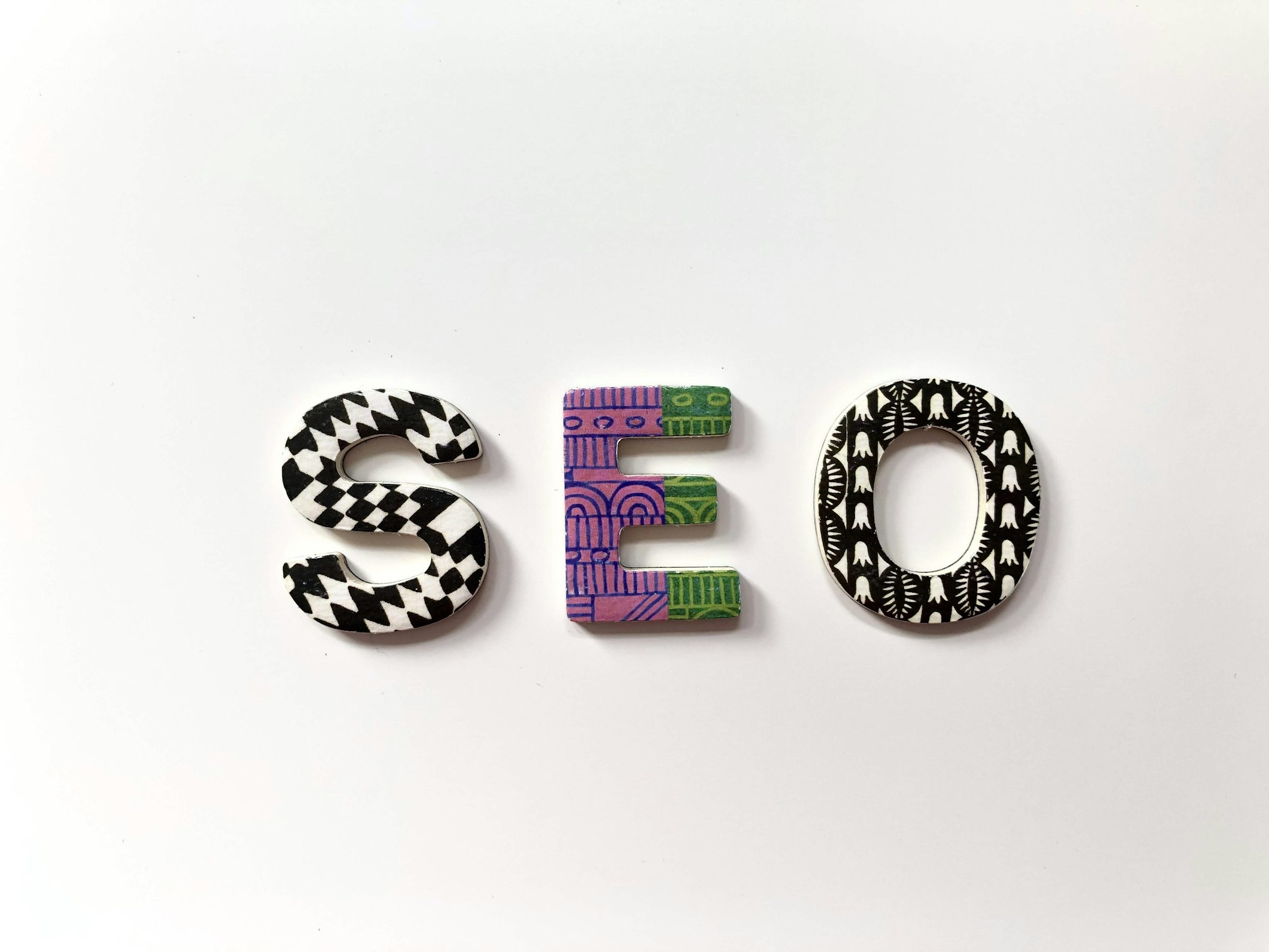Understanding the Basics of Programmatic SEO
Getting your website to rank high in search results can seem challenging, but with programmatic SEO, the process becomes simpler and more efficient. Programmatic SEO uses data, automation, and technology to help your site rank for high-volume keywords and topics.
This strategy removes much of the manual effort from SEO tasks like keyword research, content creation, and on-page optimization. At Budget SEO, we specialize in helping businesses leverage programmatic SEO to save time and scale their digital efforts. Need a free blog title or ready-to-publish SEO articles? We can help you create them effortlessly.
Learn more about programmatic SEO at Budget SEO
The Rise of AI-Powered Programmatic SEO
Artificial Intelligence (AI) has made programmatic SEO smarter and more effective. AI tools analyze massive amounts of data to predict which keywords will perform best and even generate optimized content that meets user intent.
Imagine tools that not only tell you what to optimize but also handle repetitive tasks like updating meta descriptions or creating keyword-rich headlines. That's where AI steps in. At Budget SEO, we offer tools and services that automate these processes so you can focus on growth.
Setting Your Goals for Programmatic SEO
Before starting with programmatic SEO, it’s crucial to set clear goals. Whether you want more traffic, better rankings, or more leads, having specific objectives ensures your efforts align with your business goals.
At Budget SEO, we help clients set SMART goals—Specific, Measurable, Achievable, Relevant, and Time-bound. For example, you can aim to increase organic traffic by 30% in the next three months using our keyword optimization services.
Performing Keyword Research for Programmatic SEO
Keyword research is the backbone of SEO. It involves finding the exact words your audience types into search engines. AI-powered tools make this process faster and more accurate.
At Budget SEO, we use advanced tools to identify high-performing long-tail keywords, spot content gaps, and uncover trending topics. We also provide ready-to-use keyword reports tailored to your industry.
Creating a Solid Programmatic SEO Strategy
A well-rounded SEO strategy includes everything from technical audits to content planning. Your strategy should be scalable and adaptable to changes in search engine algorithms.
At Budget SEO, we offer customizable plans that balance quick wins like meta tag optimization with long-term goals like building high-authority backlinks. Plus, we generate SEO-optimized content you can publish directly.
Implementing Your Programmatic SEO Plan
Once your plan is ready, it’s time to implement. Tasks include optimizing your website's technical aspects, creating keyword-rich content, and building backlinks.
With Budget SEO, you don’t have to do this alone. Our AI tools handle tedious tasks, ensuring your website stays optimized while you focus on running your business.
Evaluating the Success of Programmatic SEO
Monitoring your results is key to improving your SEO strategy. Look at metrics like organic traffic, keyword rankings, bounce rates, and loading speeds.
Budget SEO provides real-time analytics tools that let you track your progress easily. Our team also offers regular performance reports and actionable insights to keep your SEO on track.
How AI Enhances Your Programmatic SEO Efforts
AI isn’t just a buzzword—it’s a game-changer. It continuously learns from data, predicting trends and helping you stay ahead of the competition. AI tools can optimize your content and make adjustments faster than traditional methods.
At Budget SEO, we integrate AI into every step of your SEO journey, making it easy to maximize your return on investment.
Overcoming Challenges in Programmatic SEO
Programmatic SEO can be complex. From understanding AI tools to keeping up with algorithm changes, the challenges are real.
But at Budget SEO, we simplify it for you. Our team offers training, support, and integration services to make your transition to programmatic SEO seamless.
Experts' View on Programmatic SEO and AI
Industry leaders agree: AI and programmatic SEO are shaping the future of digital marketing. Companies that adopt these strategies now will lead the pack in years to come.
At Budget SEO, we stay ahead of trends, offering innovative solutions to keep your business competitive.
Learn more at Budget SEO
The Future of Programmatic SEO
The future of SEO is bright, with AI making real-time optimization and user intent analysis possible. Small businesses can now compete on a larger scale thanks to affordable AI tools.
Budget SEO offers scalable solutions designed for businesses of all sizes. Whether you're just starting or scaling up, we’re here to help.
Prepare for the future at Budget SEO










